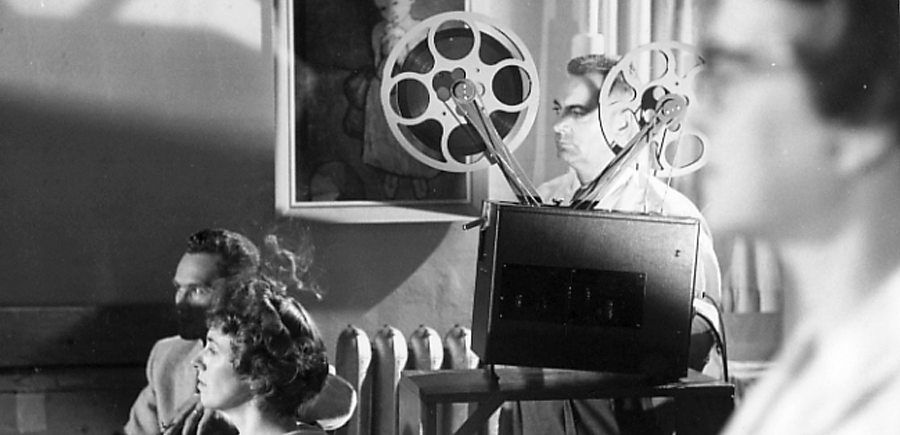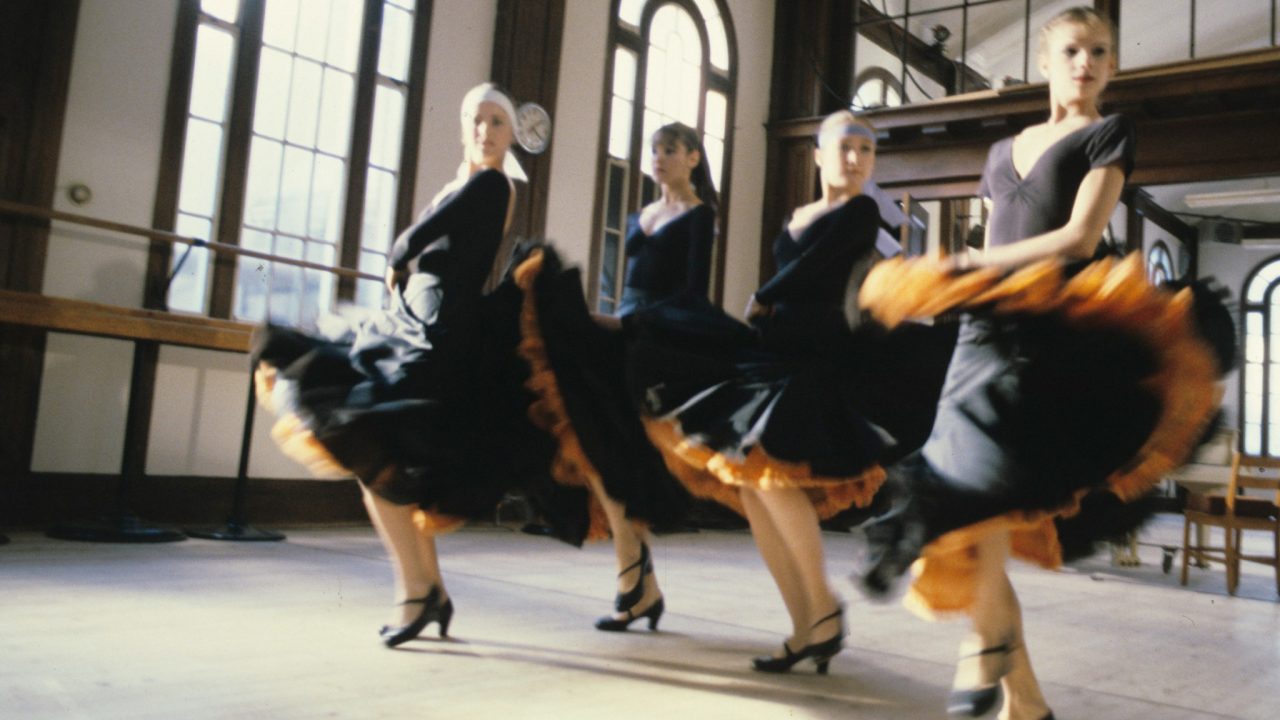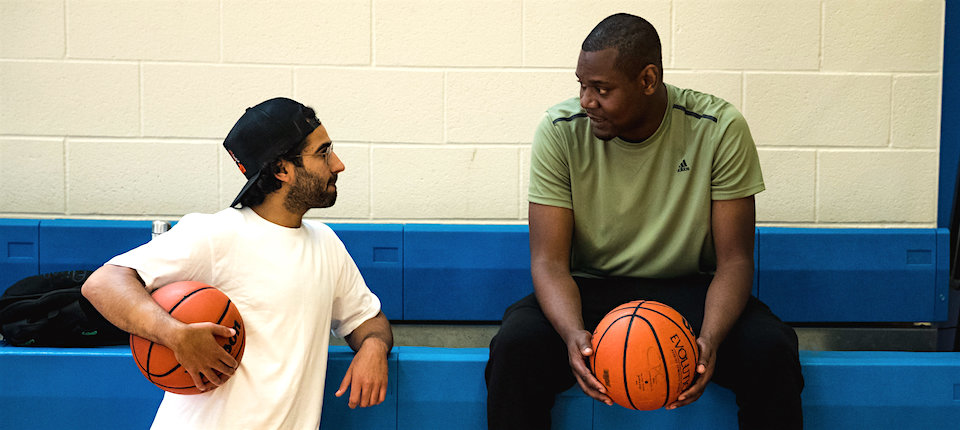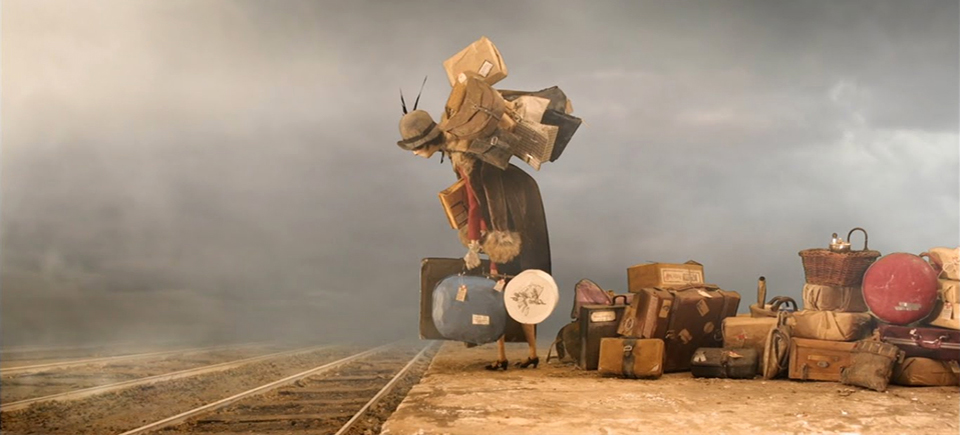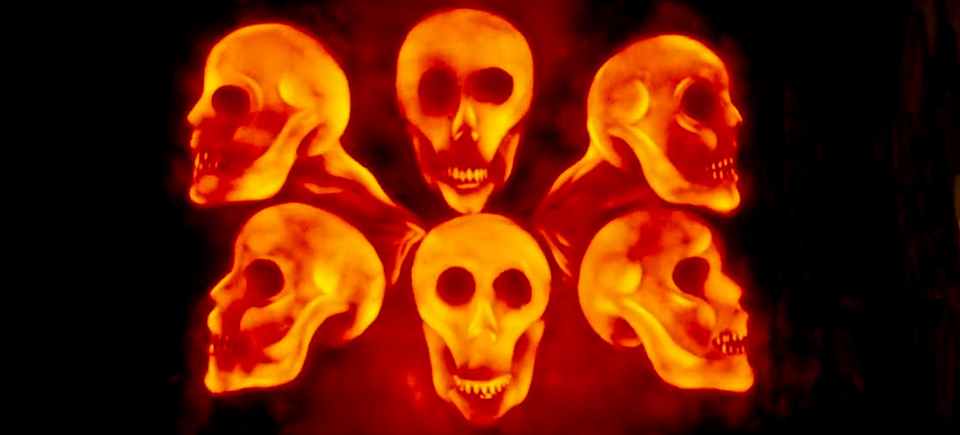The adaptation of a book to a film isn’t always easy.
Sometimes, you read a book and think, “Wow! That would make a great movie,” while other times, the potential isn’t as obvious. But that doesn’t stop the most persistent of screenwriters and filmmakers – sometimes all it takes is that little spark, that snippet of dialogue or that visual metaphor that makes the reader think, “I can do this.”
Writer/director Nicholas Meyer (The Human Stain) once said, “What you are looking for in a book is how to find not the movie, but a movie that could be extracted from the book in question.”
With that in mind, let’s take a look at some successful adaptations.
Blindness
Blindness (2008), based on the book of the same name, was written by Canadian writer/actor Don McKellar and directed by Fernando Meirelles.
It stars Julianne Moore as the doctor’s wife, the only woman who retains her sight when the entire city is struck with an epidemic of sudden blindness. She pretends to be afflicted in order to stay with her husband, the doctor (Mark Ruffalo), but as a result must watch the city she knows descend into chaos.
While it wasn’t obvious movie material, McKellar decided to take a shot with his screenplay. The style of the book was much more stream-of-consciousness than a clear narrative, so for him the importance was to have the film follow the plot while sticking to the main theme – how humans, alone and together, deal with adversity.
For Meirelles, the challenge was in keeping the dark tone of the book without losing his audience. In an interview with io9, he revealed that during early focus group testing, he had too many people walking out of the theatre during certain scenes. To fix this, he decided to shoot them differently. He made other changes along the way, as well, in terms of characters, relationships and even plot points.
“The plot can be changed, but the spirit, the film and the book have to point in the same direction, and sometimes to achieve that, you have to change a lot.”
For more background on the adaptation process for this film, read the articles in io9 and the LA Times.
Naked Lunch
Naked Lunch (1991) was… inspired by William S. Boroughs’ seminal 1959 book of the same name. Written and directed by David Cronenberg, this is definitely one of those instances where an adaptation was near impossible… okay, impossible.
The book is a collection of vignettes loosely based on Borough’s travels across Europe. Written in such a drug-induced haze that Burroughs himself has claimed he has no recollection of writing it, Cronenberg has famously said that a literal adaptation of the book would “cost 100 million dollars and be banned in every country in the world.”
So instead, Cronenberg decided to draw certain parts of the book and combine them with a portrait of Burroughs himself, as represented by his alter ego, William Lee.
Barney’s Version
Barney’s Version (2010), directed by Richard J. Lewis and written by Michael Konyves, was based on Mordecai Richler’s 1997 novel. Richler has had many of his books adapted into film, so it was natural that this one would follow suit. But it posed challenges.
The story of brash, offensive and impulsive producer, Barney Panofsky, contains so many story lines, characters and subplots that it was difficult to figure out how to make one, average-length film.
In fact, it was so difficult that the project was in development for 12 years, and went through 4 different writers, before Konyves showed up and nailed it.
Rather than attempt to portray the entirety of the novel on screen, Konyves took one complete story line and made it the focus of the film. It stars Paul Giamatti as Barney.
For more, read a guest post Konyves recently wrote on the NFB.ca blog.
The Street
The Street, Caroline Leaf, provided by the National Film Board of Canada
Another one of Richler’s famous adaptations was done right here, at the NFB.
Based on a story in the 1969 book of the same name, The Street (1976) by filmmaker Caroline Leaf, depicts reactions to a dying grandmother, capturing family feelings and distilling them into harsh reality.
This animated adaptation was created in watercolour and ink, and the film was nominated for an Academy Award for Short Film (Animated) in 1977.
